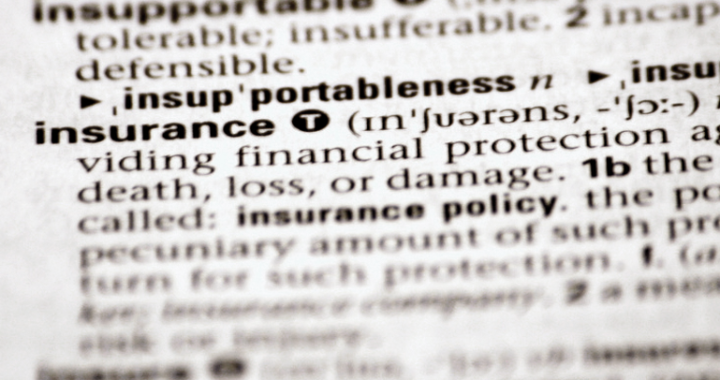Employment Practices Liability Insurance (EPLI) coverage typically covers a claim that the named insured(s) (usually the employer) has become legally obligated to pay. There are two main forms of policies. A claims-made policy covers claims reported during the policy period (which will be identified in the policy itself). An occurrence policy requires that the act that is subject of the claim take place during the policy period. Only certain claims that are identified in the policy will be covered.
These can include wrongful termination; harassment; retaliation; violation of federal and state laws prohibiting discrimination; breach of an employment contract; employment related defamation, libel or slander; and negligent hiring, supervision, retention or training. Also, there are some claims that may be specifically excluded from an EPLI policy.
For example, many policies will exclude wage/hour claims (such as claims for unpaid wages, misclassification of employees, missed meal/rest breaks, and waiting time penalties). Some policies will also exclude coverage for punitive damages. As such, when purchasing an EPLI policy, it is important to determine (1) what type of policy you will have (claims-made vs. occurrence); (2) what claims the policy will cover; and (3) any claims the policy specifically excludes. These areas should be reviewed with the insurance broker when purchasing or renewing an EPLI policy to ensure a complete understanding of any areas of possible exposure.

